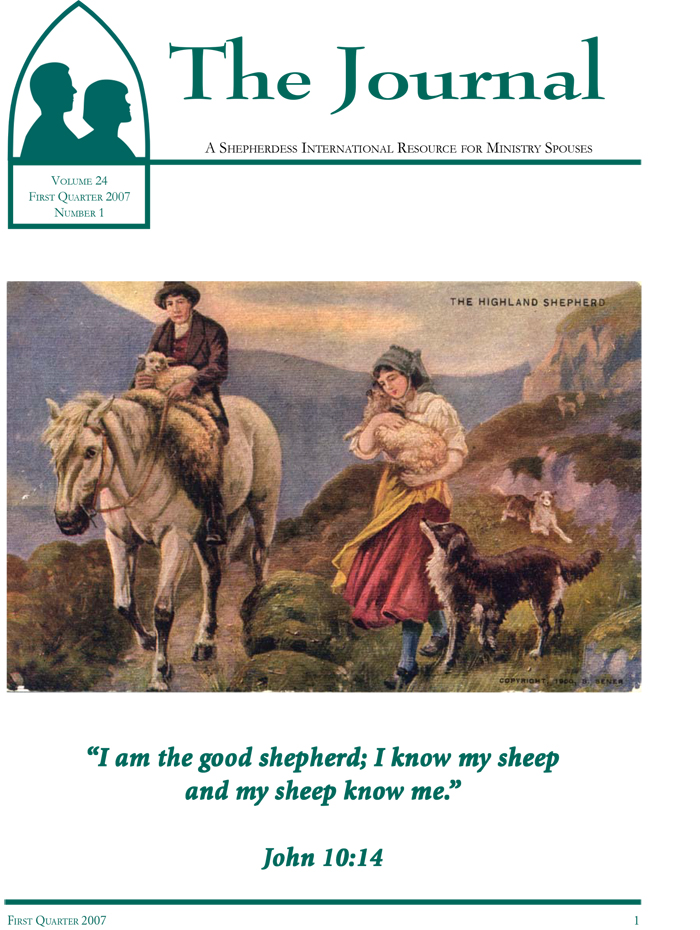The children’s story is usually one of the most interesting parts of the worship hour on Sabbath morning. Most of us still have a corner of childhood left in us, and we love a good story. I’ve heard many children’s stories through the years in our ministry. Most of them have been interesting. Unfortunately, though, many of them have been directed to the wrong age group. As I look at the group of cherubs gathered on a Sabbath morning, many are two- to seven-year-olds. It’s fun telling stories to this age group. Their faces light up, and they live the story as you tell it. That is, if they understand it. What many storytellers do not realize is that the words and mental processes necessary to understand the applications of children’s stories vary with different age groups.
Following are 10 practical suggestions to make your story reach the pre-school children in your congregation.
1. Choose a subject that young children can relate to. A two-year-old child doesn’t relate very well to a science experiment or a walk on the moon. But he does relate to babies, mom, dad, food, toys, pets, Jesus, God, heaven, angels, prayer, home, and love.
2. If you are using a Bible story or a Bible text, hold a Bible in your hand and read from it so the children can see where the text is coming from.
3. When you tell a story from the Bible to young children, make it a positive experience rather than a negative, frightening one. Take, for example, the story of the captive Hebrew maid. You could spend several minutes explaining the gory details of how she was dragged away by the mean soldiers while her mother was crying for her, never to see her again. It would be better to focus on God’s love for her by keeping her safe, to show how she helped to others in her captivity, or to emphasize her helpfulness and willingness to serve.
4. Always have a lesson or aim which your story can teach. You are not here just to entertain. Lessons appropriate for young children include love, kindness, obedience, sharing, happiness, reverence, and safety.
5. The younger the age group, the simpler your story should be. Here’s how to simplify your story:
- Use only one incident.
- Use short sentences.
- Keep your story short. Children cannot concentrate for long periods of time. A general rule for the length of the story is to add one to the child’s age to get the number of minutes you ought to talk. (For example, 4 years old + 1 minute = a 5-minute story.)
- Use concrete words. Small children cannot imagine things they have not seen, heard, smelled, or experienced. They can understand anything that can be linked to a mental picture developed from some previous experience. Words like universe, millions, years, or weeks are too vague. Uncle, brother, and aunt are just names given to particular people; children often don’t understand the idea of relationships.
- Be specific when telling your story. Instead of saying, “God made everything,” say “God made the grass, apples, water, and you.” Instead of “God loves everybody,” say “God loves Judy, Jack, and Kim.” Instead of “God takes care of us,” say “God helps Tim not to be afraid at night when it is dark.”
6. It helps to keep your hero near the age of the children you are talking to.
7. Keep the children physically close to you. Small children cannot concentrate on something that is distant from them; they get distracted.
8. Use attention-getters, such as:
- Motions
- Rhythmic words or songs
- Objects (objects, more than sounds, convey more impulses to the brain).
- Repetition
- Pictures
- Mimicry. Act out what you are saying. Mimic sounds of trains, wind, or rain.
9. Make the application of your story short and simple. The wrap-up may be only one sentence long.
10. Always bring Jesus into your application. Ellen White says, “Thus may they [children] learn to see Him [Jesus] in tree and vine, in lily and rose, in sun and star. They may learn to hear his voice in the song of the birds, in the sighing of the trees, in the rolling thunder, and in the music of the sea” (Child Guidance, pg. 144).
